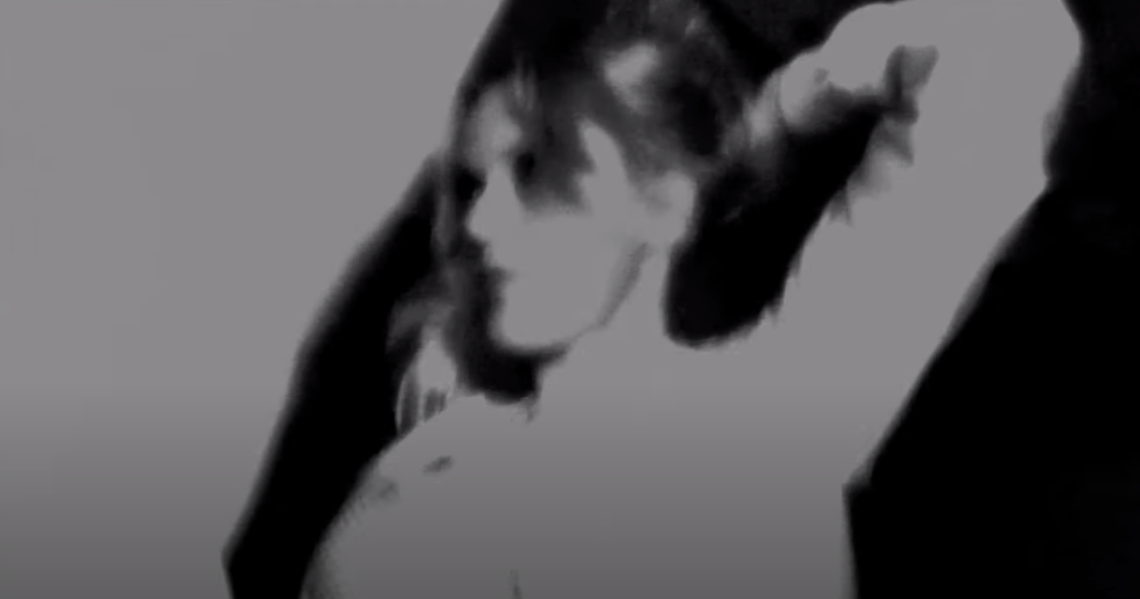The Carnival is Over
by Dean Wareham
I spent my earliest years in Wellington, New Zealand, where the Seekers were as big as the Beatles—really, they (and the Beatles) are the first things I remember hearing on the radio. I was two in 1965, when they released their biggest hit, “The Carnival is Over.” Years later we moved to America, where this Australian folk-pop quartet was not a big deal at all. To this day, it’s hard to explain the Seekers to Americans. They did chart in the US with “Georgy Girl” and “I’ll Never Find Another You” but I have never heard them played on American oldies stations. They pre-date full-blown folk rock by a couple of years and are sometimes compared to Chad & Jeremy or Peter, Paul & Mary, and recorded a number of the same songs—as was the habit for folk groups—but I would argue that the Seekers reach a level of ecstasy that Peter, Paul & Mary do not.
Anyway, I had long known that “The Carnival Is Over” was written by the Seekers’ producer, Tom Springfield (who had met the band when they played on a bill with his sister, Dusty, and also wrote “Georgy Girl” for them). What I didn’t know was that though Springfield wrote the lyrics, he took the melody whole from a 19th-century Russian song, Stenka Razin.
When you scratch a song, you often find another song underneath it, or discover that it has multiple sources of inspiration.
Springfield’s lyrics are about lovers saying their final goodbye after the carnival. I always was struck by the line “the joys of love are fleeting / for Pierrot and Columbine.” Pierrot, the sad clown with a painted face, and Columbine, who breaks his heart, are characters in English pantomime and Italian comedy. Pierrot shows up everywhere; in ballet, poetry, song and film, he is painted by Renoir and Picasso, he is David Bowie in the video for “Ashes to Ashes” and Jean-Paul Belmondo in Pierrot le Fou. Pantomime is another English and colonial tradition that is largely unknown in the States; my mother took us to holiday pantomime shows when we were very young. It is in fact related to carnival; both involve masked characters and audience participation.
In 2008, in Jersey City, Britta and I attempted to record the song. We had gone into the studio to try a few covers, including the Cure’s “It’s Friday, I’m in Love.” We finished the Cure song but gave up on “Carnival”—it was probably in the wrong key for Britta’s voice. But when the pandemic hit and the world ground to a halt, the titled popped back into my head and I urged Britta to try singing it again. We opened the old ProTools files and discovered we had the percussion (by Anthony LaMarca), electric 12-string guitar, and a mellotron by Britta—all ready to go. Still, it took Britta more than a couple of attempts to figure out how to sing it. Sometimes when tackling a cover it takes time to get the original singer out of your head and deliver it in your own voice. Sometimes you have to admit that you and the song are not suited to each other at all. But not this time. Britta hit the loud, high notes and as Kramer pointed out, sang the song like she had lived it.
Kramer: I have barely worked with him since the Galaxie 500 days, but we played onstage together last year and have been in touch during these weird times. I thought this song would be right up his alley and asked if he could finish it for us. He came back to me a few days later with a beautiful arrangement and mix.
The video I made myself in iMovie, which is a first for me, but it seems we are all learning how to do things at home. I had some clips of Britta dancing (which I ran through a particular iPhone app) and another of Anthony LaMarca playing the drums at St Pancras Church, in London. Meanwhile, I had sent the song to a friend and fellow Seekers fan in Australia, who told me the song made him think of the final scene from Paths of Glory where Christiane Kubrick (the director’s wife!) sings to French soldiers who at first jeer and laugh at her, but are soon moved to tears. I tried the song against that clip and it was immediately very affecting. I’m half expecting YouTube to take the video down, but so far it has remained up there. I have a different version ready to go if they do.
Dean Wareham lives and works in Los Angeles
